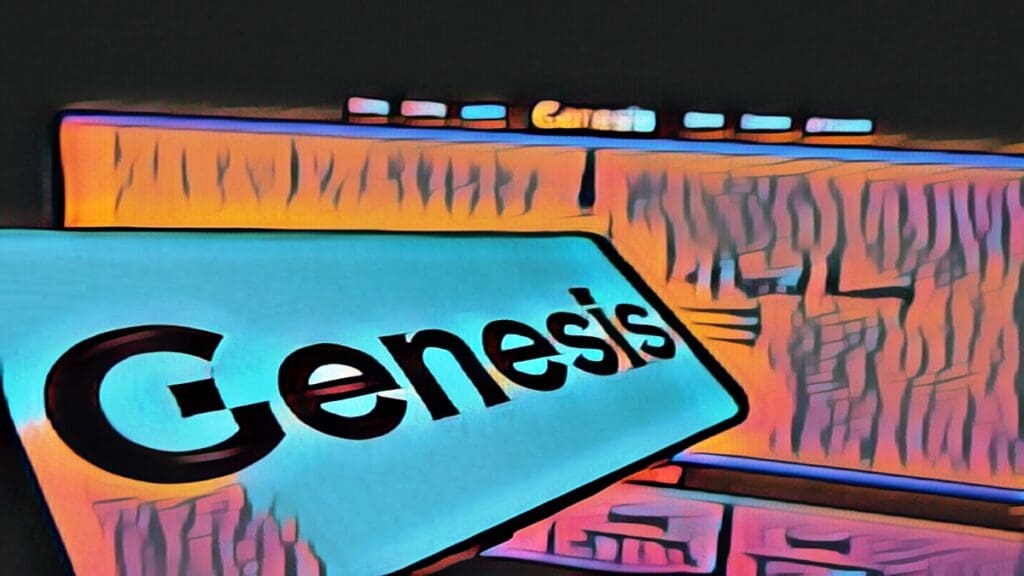Genesis Global Capital declared in January that it would stop offering crypto spot trading “voluntarily and for business reasons” without giving a further explanation.
Genesis, a subsidiary of Digital Currency Group (DCG), is discontinuing offering crypto spot and futures trading in the British Virgin Islands.
Genesis will “voluntarily and for business reasons” discontinue its digital asset trading services across all of its businesses, a representative for the company announced in a statement on September 14. Genesis has been delivering trading services via its overseas affiliate, Genesis Global Capital (GGC), based in the British Virgin Islands.
Genesis Global Trading, another DCG-affiliated firm not in bankruptcy, announced in January that it would stop crypto spot trading “voluntarily and for business reasons.” GGC’s international arm continued to offer spot and derivatives trading at the time.
Also Read: Genesis Sues DCG (Digital Currency Group), Its Parent Company, For $600 Million
GGC suspended withdrawals in November 2022 due to “unprecedented market turmoil”. According to January reports, the firm may have laid off 30% of its workforce before filing for Chapter 11 bankruptcy in New York. The Securities and Exchange Commission charged Gemini and Genesis with promoting unregistered securities through Gemini’s Earn program.
The bankruptcy, legal, and regulatory entanglements between the numerous DCG subsidiaries and cryptocurrency enterprises — DCG is also the parent company of Grayscale Investments — have caused turmoil in the market over the past year. Genesis blamed its bankruptcy on Three Arrows Capital and disclosed that it suffered losses as a result of the collapse of the crypto exchange FTX.
In August, DCG announced it had signed an “agreement in principle” with Genesis that would allow creditors to get the majority of their funds back. Genesis lenders subsequently described the agreement as “wholly insufficient” as the company apparently owes its top 50 creditors $3.5 billion.

